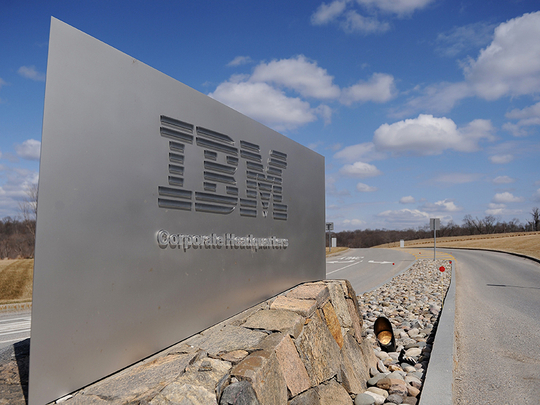
New York: IBM is furthering the expansion of its Watson data analytics technology into health care through partnerships around human gene analysis and cancer treatment.
It is working with 14 cancer institutes, including Yale Cancer Center, to use Watson to identify cancer-causing mutations and help tailor treatments. IBM also said Tuesday that it is teaming up with software maker Epic Systems Corp. and the Mayo Clinic to analyse patients’ electronic health care records.
IBM is increasing sales of data analytics and cloud computing products as demand for older hardware and services declines. Lately, the company has bolstered its health care offerings, creating a business unit called Watson Health Cloud to store and analyse anonymous patient data.
“It’s really a market-led initiative,” Stephen Gold, vice president of marketing for IBM Watson, said in an interview. “Certainly IBM recognises the sea change that is occurring in health care.”
Technology has facilitated the gathering of patient health data, though the information is often spread across different electronic records systems. Meanwhile, results of clinical trials and research on illnesses are also fragmented.
Bringing information together
These circumstances make it difficult to leverage all of the electronic information to glean insights to assist in patient care. IBM is pitching its Watson tool, which ingests and analyses troves of data to derive patterns and insights, as the technology to help bring this disparate information together.
The 14 cancer centers are already piloting IBM’s technology to analyse patient’s DNA, which can be more than 100 gigabytes of data, to look for variations to illuminate for physicians. The partner institutions are currently using Watson at no cost, Gold said.
In the second tie-up, Mayo Clinic doctors will be able to analyse cancer patients’ health records via Epic, a maker of software for medical groups and hospitals, to help match them with clinical trials.
Still, for these technologies to be used widely, Armonk, New York-based IBM and its partners will have to convince physicians to use them in their everyday routines.
“This is all physician-directed,” Gold said. “The physician becomes the catalyst, if you will, to activate and utilise the outcome.”











